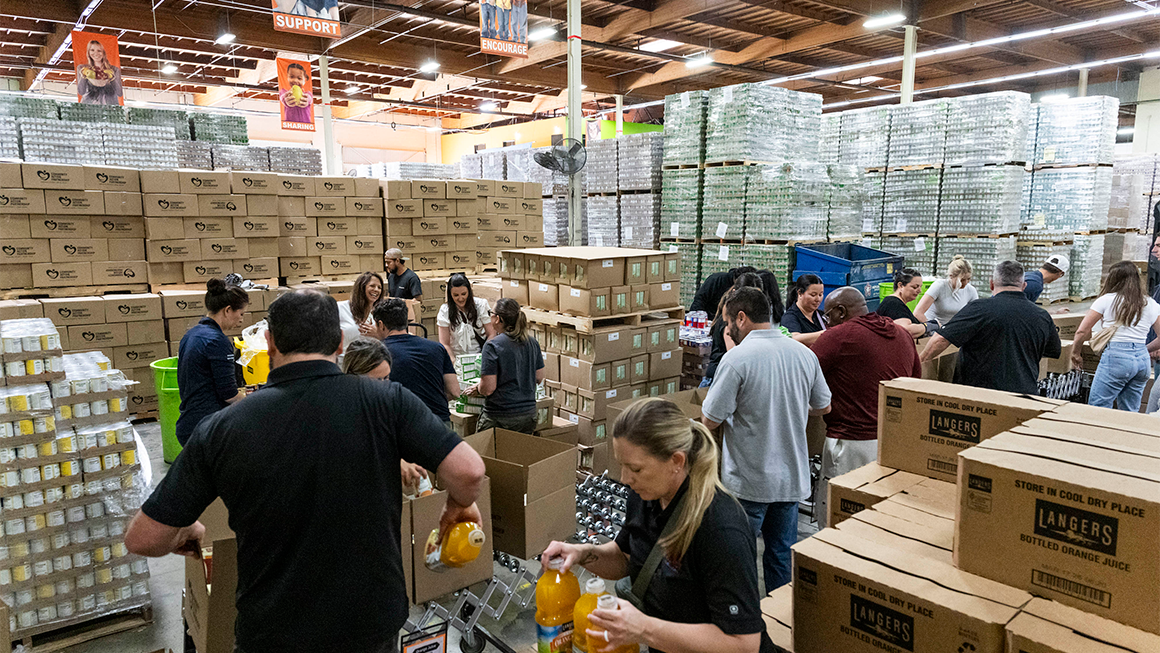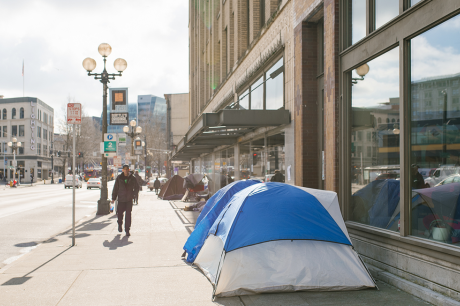Articles and analysis on today's issues

Federal cuts to the Supplemental Nutrition Assistance Program could cause some DC-area families to lose an average of $187 in monthly benefits.
Medicaid Is Essential for Addressing the Homelessness Crisis. The Reconciliation Bill Would Make It Worse. Medicaid has been essential for scaling supportive housing models that increase access to treatment and recovery for people experiencing homelessness, but the reconciliation bill would disrupt these services, shifting costs back to hospitals and jails.How Does the Federal Tax Credit Scholarship Proposal Stack Up Against Other Federal Investments in K–12 Education? Plans to divert up to $5 billion in federal tax dollars through the reconciliation bill for educational expenses including private school choice constitutes a substantial change in how federal dollars flow to K–12 education.Cities Are Worried About Losing Families. DC Can Set an Example for How to Keep Them. Washington, DC, already has policies for making the city more attractive and affordable for families with young children, but the mayor’s proposed budget reduces or eliminates funding for many of these programs, which could cause families to leave.Juneteenth Reflection on How Black Families Are Faring Economically Under the Shifting Federal Landscape This Juneteenth, we reflect on how the federal government’s economic policies during the Trump administration’s first six months have affected Black families’ economic opportunities and progress.Pedestrians and Cyclists Who Live in Communities of Color Face Disproportionate Exposure to Traffic Injury—Both in Their Neighborhoods and Elsewhere In Boston, residents of neighborhoods of color face greater risks of pedestrian and cyclist accidents both in their own neighborhoods and when they’re outside their neighborhoods.The Reconciliation Bill Would Deny Medicaid Coverage to Many People with Health Needs and Other Work Barriers Though the reconciliation bill exempts people in poor health or who have caregiving responsibilities from Medicaid work requirements, in practice, many people facing barriers to work would be at high risk of losing coverage.





